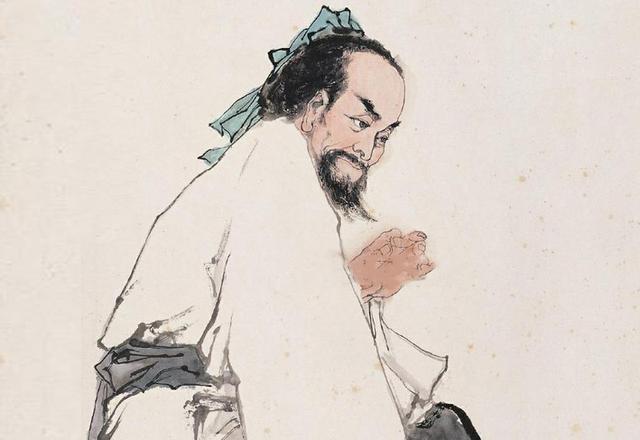Great inventor Zu Chongzhi

Zu Chongzhi's grandfather's name was Zuchang, who served as an official in charge of the construction of the imperial court during the Song Dynasty. Zu Chongzhang grew up in such a family and studied many books from a young age. People praised him as a knowledgeable young man. He has a special interest in studying mathematics and also enjoys studying astronomy and calendars. He often observes the movements of the sun and planets and makes detailed records.
Emperor Xiaowu of Song heard of his fame and sent him to work in the "Hualin Academy", an official office dedicated to academic research. He is not interested in becoming an official, but there he can focus more on studying mathematics and astronomy.
Throughout our country's history, there have been officials who have studied astronomy, and calendars have been developed based on the results of astronomical research. By the time of the Song Dynasty, the calendar had made significant progress, but Zu Chongzhi believed that it was not yet accurate enough. Based on the results of his long-term investigation, he created a new calendar called the "Great Ming Calendar" ("Great Ming" is the reign title of Emperor Xiaowu of Song). The number of days in each tropical year (i.e. the time between the winter solstice points of two years) determined by this calendar differs from modern scientific measurements by only fifty seconds; The measurement of the number of days the moon completes one orbit differs from modern scientific measurements by less than a second, indicating its accuracy.
In 462 AD, Zu Chongzhi requested Emperor Xiaowu of Song to issue a new calendar, and Emperor Xiaowu convened ministers to discuss it. At that time, a minister favored by the emperor, Dai Faxing, came out to oppose it, believing that Zu Chongzhi's unauthorized change of the ancient calendar was a rebellious act.
Zu Chongzhi refuted Dai Faxing on the spot with the data he researched. Dai Faxing relied on the favor of the emperor and said arrogantly, "The calendar was established by ancient people, and children should not change it
Zu Chongzhi is not afraid at all. He said sternly, "If you have factual evidence, just bring it up for debate. Don't scare people with empty words
Emperor Xiaowu of Song wanted to help Dai Faxing by finding some people who knew the calendar to argue with Zu Chongzhi, but they were repeatedly refuted by Zu Chongzhi. However, Emperor Xiaowu of Song still refused to issue a new calendar. It was not until ten years after the death of Zu Chongzhi that the Great Ming calendar he created was implemented.
Despite the turmoil and unrest in society beforehand, Zu Chongzhi continued to tirelessly study science. His greater achievement lies in mathematics. He once annotated the modern mathematical work "Nine Chapters on Arithmetic" and wrote another book "Zhushu". His most outstanding contribution is to obtain a fairly accurate pi. After a long period of arduous research, he calculated the value of pi to be between 3.1415926 and 3.1415927, becoming the earliest scientist in the world to calculate pi values to seven digits or more.
Zu Chongzhi is a versatile expert in scientific inventions. He once built a compass car, and no matter how the car turned, the bronze man on the car always pointed to the south; He also built a "thousand mile ship" and conducted a trial voyage on the Xinting River (southwest of present-day Nanjing), which could sail over 100 miles in a day. He also uses hydraulic power to rotate stone mills, pound rice and grind millet, called "water powered pestle mills".
After the death of Zu Chongzhi, his son Zu Hao (pronounced g è ng) and grandson Zu Hao both took on Zu Chongzhi's career and diligently studied mathematics and calendar. It is said that when Zu Hao was studying knowledge, he was so engrossed that he couldn't even hear the thunder in the sky. He often walks while thinking about problems. Once, as he was walking on the road, a big official named Xu Mian came in front of him. Zu Hao didn't even realize it and hit Xu Mian with his head. When Xu Mian greeted him, Zu Hao calmly responded as if awakened from a dream. Xu Mian knew that he had researched God, but he didn't blame him.
In the later years of Zu Chongzhi's life, Xiao Daocheng, who controlled the Imperial Guard of the Song Dynasty, destroyed the Song Dynasty.
In 479 AD, Xiao Daocheng declared himself emperor and founded Southern Qi. He is Emperor Qi Gao.
